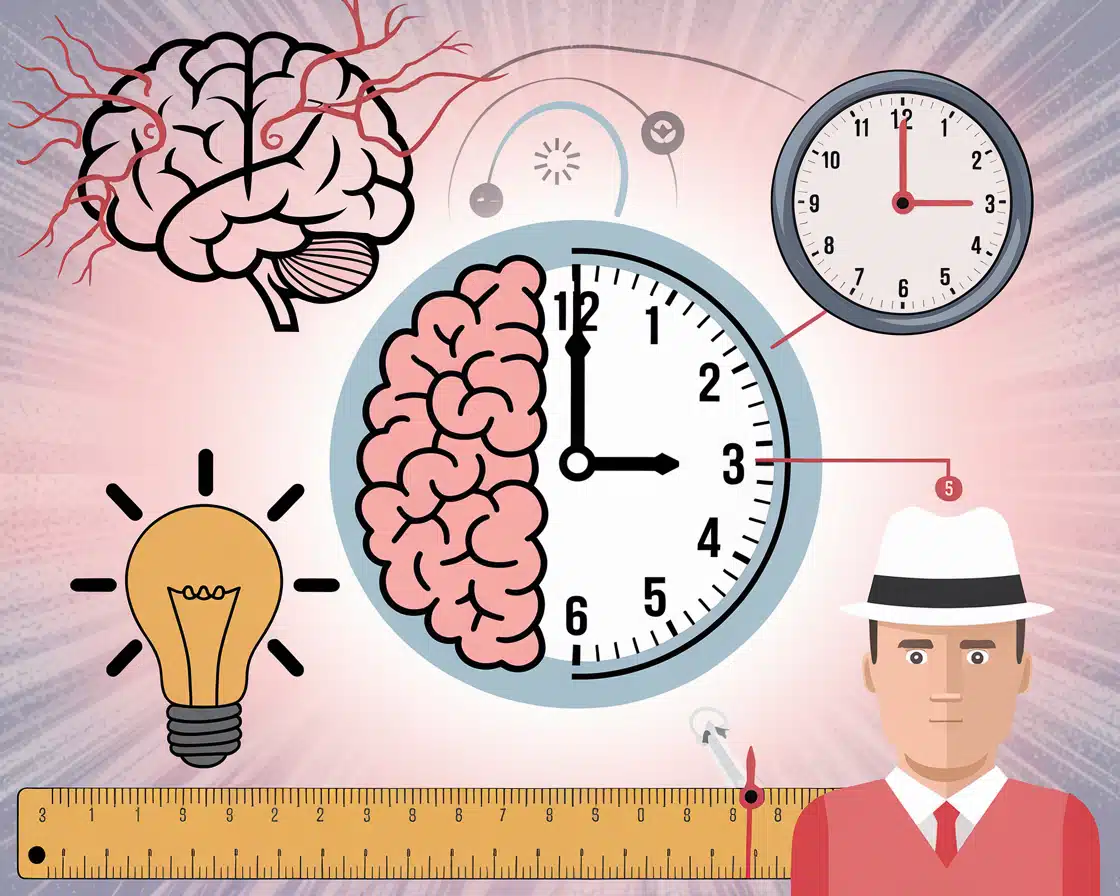Introduction:
Time management is more than just organizing your tasks; it’s about creating a balanced life where personal and professional spheres thrive. Many struggle to find this balance, often sacrificing personal time for work and vice versa. This article delves into the importance of time management to achieve a work-life balance, highlighting the benefits of effective planning.
Understanding the Work-Life Imbalance:
Many professionals face burnout due to a lack of time management. By not setting clear boundaries, work often overshadows personal life. This section will explore how this imbalance impacts mental and physical health.
Prioritizing Tasks for Balance:
A critical aspect of time management is prioritizing tasks that align with both professional goals and personal well-being. Techniques like the Eisenhower Matrix can help in categorizing tasks into urgent, important, and those that can be delegated or postponed.
The Role of Flexibility in Time Management:
While schedules are important, flexibility allows you to adapt to unexpected changes without losing
balance. This section will explore how to incorporate flexibility into your time management strategies.
Practical Tips for Achieving Work-Life Balance:
From setting boundaries to incorporating regular breaks, this section offers actionable advice for readers looking to improve their work-life balance through better time management



